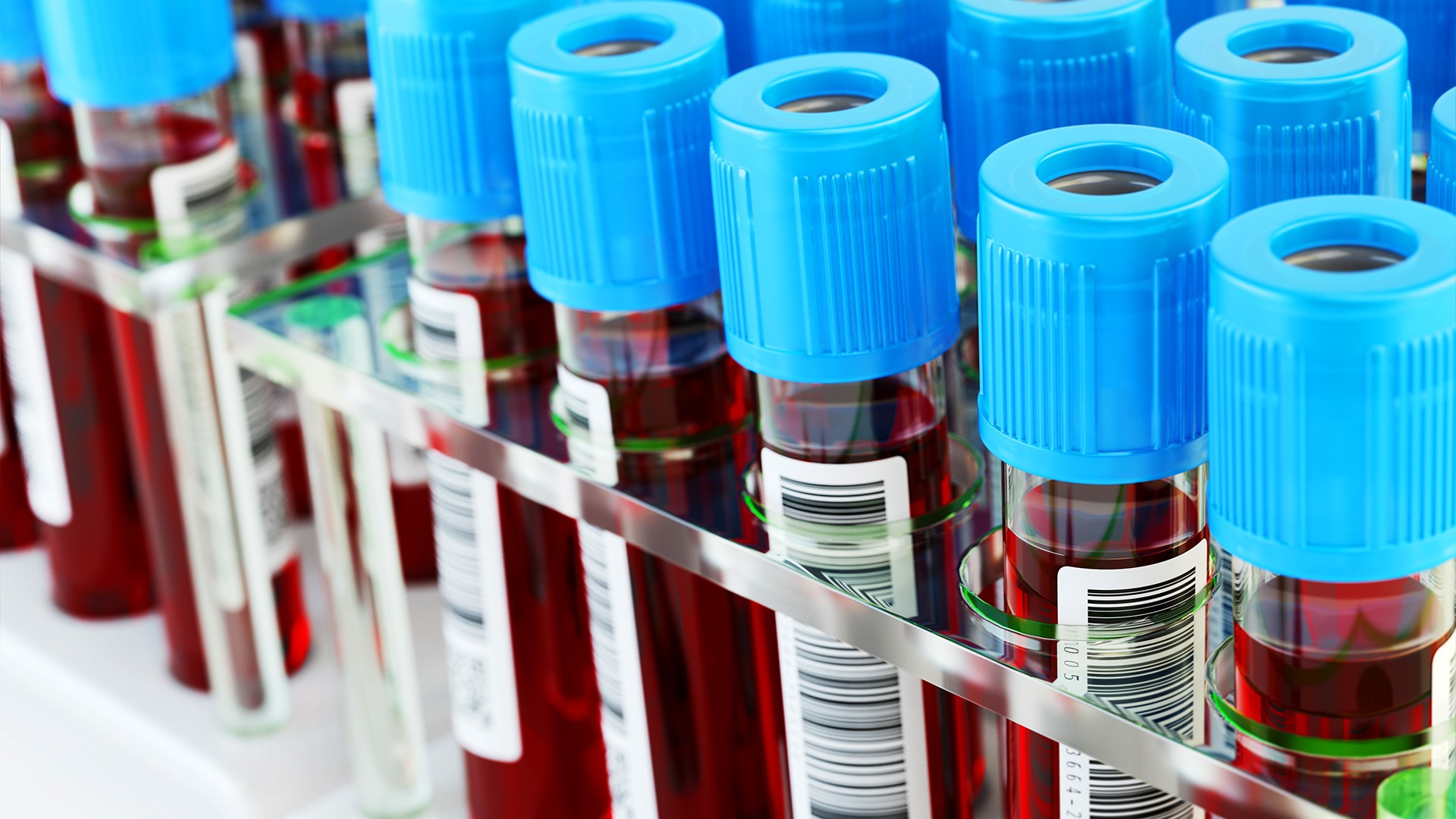Home sampling of COVID-19 developed by SciLifeLab researchers
Serological testing is essential to understand and limit the consequences of the COVID-19 pandemic. SciLifeLab’s Jochen Schwenk (KTH) and KTH researcher Niclas Roxhed wanted to meet this challenge outside of the clinical setting, so they developed an approach to detect antibodies against COVID-19 in home-sampled blood. Their findings were published in Nature Communications.
Today, serological testing requires that the samples are collected in a healthcare setting by experienced personnel. In these routine settings, the standard is also to measure one analyte at a time. Jochen Schwenk and colleagues wanted to evaluate how micro-sampled dried blood collected on cards could be used for multiple SARS-CoV-2 serology tests when COVID-19 pandemic struck.
They established a multi-analyte method to measure levels of IgG and IgM antibodies against several of the SARS-CoV 2-virus proteins and engaged several groups at SciLifeLab and KI into their efforts. The use of dried blood taken at a person’s home offers logistical benefits, and even more importantly during a roaring pandemic – reduces the risk of exposing the participants to a disease spreading in the community. The method now developed enables accurate assessment of antibodies against the virus.
Among their findings were seropositive cases that reported no symptoms, and that uncertainty from undiagnosed individuals can contribute to the challenges when reducing the spread of infection. Their study in a random population provided a less biased understanding about the spread in the community and it demonstrated that the immune response against the coronavirus can vary largely in the population.
“During the first wave of the pandemic, we distributed home-sampling kits to 2000 random households in Stockholm and then established a robust system to analyse antibodies against the coronavirus in dried blood spots. The next steps are to utilize this concept in several projects, such as to follow up on the vaccination program in the general population. Among others, we recently sent 1000 cards to random households in Gothenburg and 1000 to Stockholm to learn more about the immune response after the third wave of the pandemic, and together with our collaborators, study the effects of the different vaccines”, says Jochen Schwenk, Professor at KTH and SciLifeLab.
“From one drop of blood we can now even measure hundreds of different biomarker molecules. This gives us further possibility to study the effects of COVID19 infections and vaccination at a much greater level of detail. Right now, we are focussing on COVID19, but logically, our approach can also be used for other diseases,” says Jochen Schwenk.
He believes that the combination of precise home sampling of blood and advanced laboratory-based analyses will become feasible as an approach to better understand the immune response the coronavirus triggers. In the future, an expansion of the capabilities offered by precise self-sampled blood will open up new possibilities that can contribute to precision medicine efforts beyond the current pandemic.





